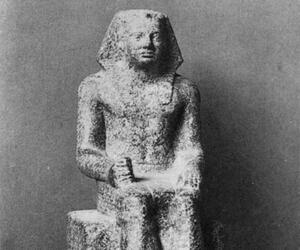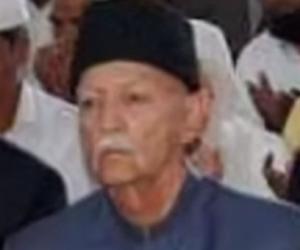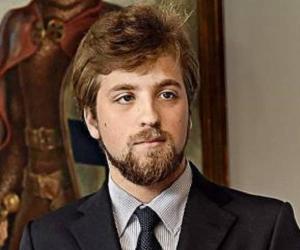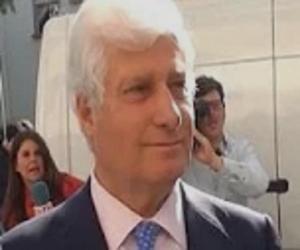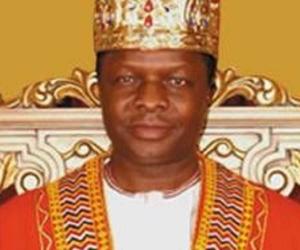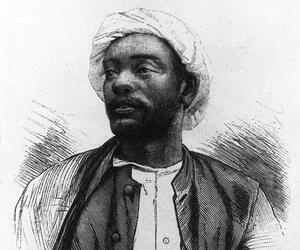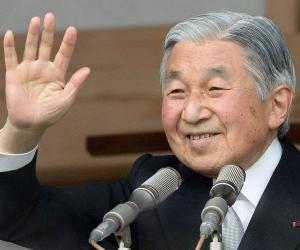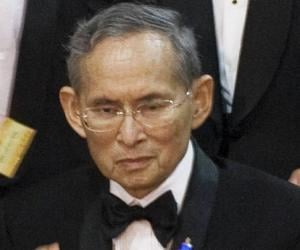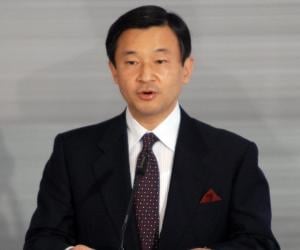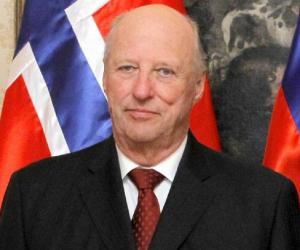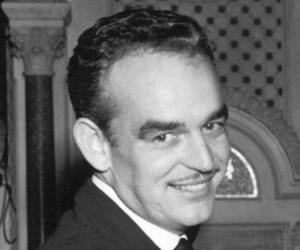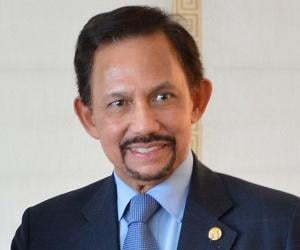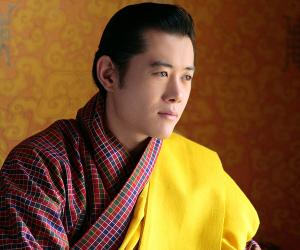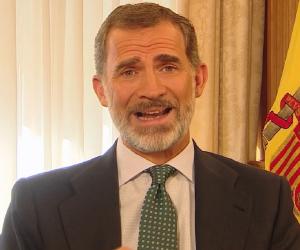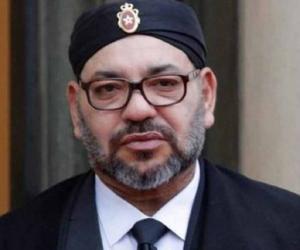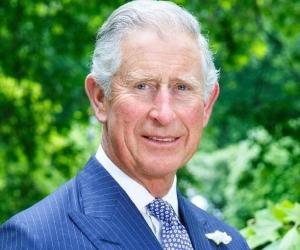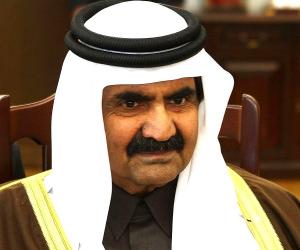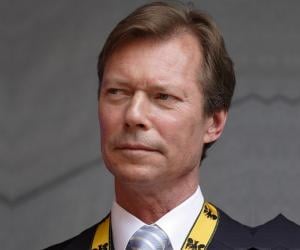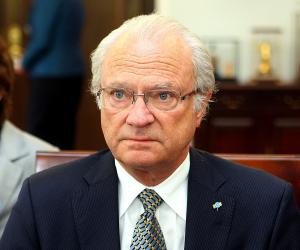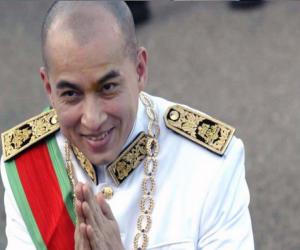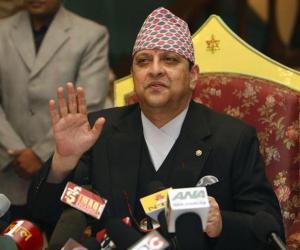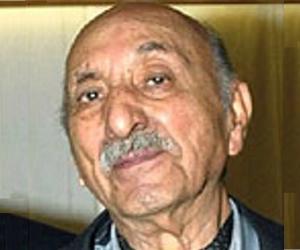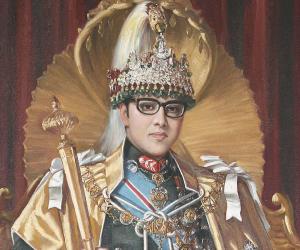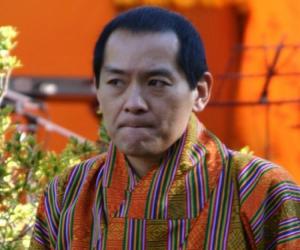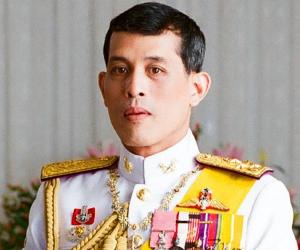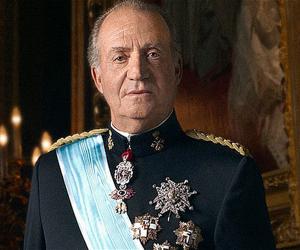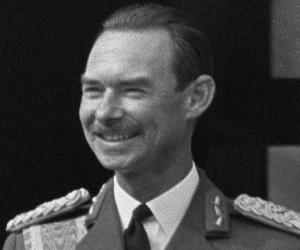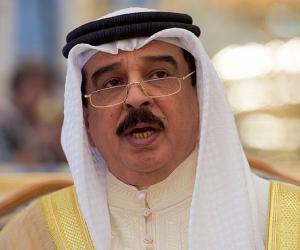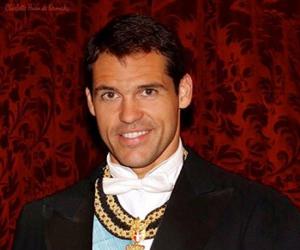Akihito served as the 125th emperor of Japan after succeeding his father to the Chrysanthemum Throne. As emperor, he played a crucial role in inspiring people in 2011 when Japan was struck by two major disasters: Fukushima I nuclear crisis and Great East Japan Earthquake. Akihito abdicated the throne in 2019, becoming the first emperor to do so since 1817.
Bhumibol Adulyadej of the Chakri dynasty reigned as the ninth monarch of Thailand. Reigning from 1946 until his death in 2016, Adulyadej is the second-longest reigning monarch in the history. During his reign, Bhumibol Adulyadej retained enormous constitutional powers and was extremely popular among his subjects, with some even seeing him as close to divine.
Naruhito, the 126th emperor of Japan and the only living monarch to use the title “Emperor,” ascended the throne after his father Akihito’s abdication in 2019. Devoted to efforts of water conservation, Naruhito has also been part of the International Olympic Committee. He plays both the violin and the viola.
Harald V of Norway ascended the throne after the demise of his father, King Olav V. A sports enthusiast, he represented Norway in sailing at three Olympic Games. He also became a patron of World Sailing. The King is an admiral, the Supreme Commander of the Norwegian Armed Forces and a four-star general.
The King of Jordan since 7 February 1999, Abdullah II of Jordan is a member of the Hashemite dynasty. He is a 41st-generation direct descendant of Muhammad and the son of King Hussein of Jordan and his second wife, Princess Muna. Upon assuming the throne, he liberalized the economy and implemented numerous reforms. He is a popular monarch.
Jigme Khesar Namgyel Wangchuck is Druk Gyalpo or "Dragon King" of the Kingdom of Bhutan. He is the son of Jigme Singye Wangchuck, who abdicated the throne in his favor in 2006. As the king, he began overseeing the democratization of Bhutan and has implemented several reforms to improve the standard of living in his country.
Felipe VI of Spain is the current King of Spain, reigning since 2014. He ascended the throne upon the abdication of his father, Juan Carlos I. His mother is Queen Sofía. As the king, he is head of state and commander-in-chief of the Spanish Armed Forces as well. He also serves as the honorary president of several associations and foundations.
Mohammed VI of Morocco is the present King of Morocco. He ascended to the throne in 1999. His father was King Hassan II. Hailing from the Alaouite dynasty, Mohammed VI well-educated man with a Ph.D. in law with distinction. It is alleged that corruption is rampant in his court, and he is criticized for his extravagant lifestyle.
Frederik, Crown Prince of Denmark is the first in order of succession to the Danish throne. Frederik has various interests that range from climate change to sports. He often encourages the people of Denmark to stay active and healthy. He has also established the Crown Prince Frederik's Foundation, which aims to provide financial support to students and encourage scientific expeditions.
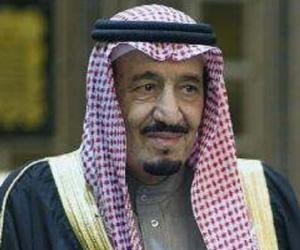
Salman bin Abdulaziz Al Saud has been reigning as the King of Saudi Arabia since 23 January 2015. An important political figure, Salman also served as the Minister of Defense from 5 November 2011 to 23 January 2015. Salman also served as the Governor of Riyadh Province on two occasions; from 1956 to 1960 and again from 1963 to 2011.
King Charles III is King of the United Kingdom and 14 other Commonwealth realms. He acceded to the throne after the death of his mother, Queen Elizabeth II. Charles III is the oldest person ever to assume the British throne. He was the oldest and the longest-serving heir apparent in British history and the longest-serving Prince of Wales.
Born into the royal family of Qatar, Hamad bin Khalifa Al Thani was educated at the Royal Military Academy at Sandhurst. He served in the Qatar army and reigned as the Emir of Qatar. His reign witnessed women vote and run for office for the first time in the country.
Carl XVI Gustaf of Sweden has been serving as the king of Sweden since the demise of his grandfather King Gustaf VI Adolf in 1973. He is currently the longest-reigning monarch in the history of Sweden. Apart from being passionate about the environment, agriculture, technology, and trade, the king is also fond of automobiles and owns many Porsche 911s.
Norodom Sihamoni has had an interesting childhood, from studying in Czechoslovakia to joining a film school in North Korea, to moving to China after the fall of Pol Pot. A skilled choreographer who had his own dance troupe in Paris, he later rather reluctantly became the king of Cambodia.
Mohammed Zahir Shah was the last king of Afghanistan, in power from 1933 until he was deposed in 1973. During his reign, he focused on modernizing the economy, improving Afghanistan’s relations with other countries, and creating a new constitution. Following his deposition, he remained in exile for many years before returning to Afghanistan.
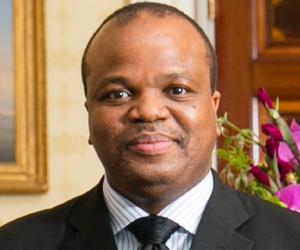
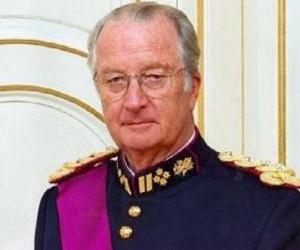
Albert II of Belgium reigned as the King of the Belgians from 1993 until his abdication in 2013. He abdicated in favor of his eldest son Philippe due to health reasons. During his reign, Albert represented Belgium at high level international meetings. He also established the Prince Albert Foundation in 1984 to promote competence in foreign trade.
Vajiralongkorn became the king of Thailand at age 64, following his father Bhumibol Adulyadej’s death, becoming the oldest to ascend to the throne. He was once seen dressed in a crop top, with his mistress, in a viral video. He sparked protests after moving to Germany during the COVID-19 pandemic.
Jean, Grand Duke of Luxembourg was exiled with his family following the German occupation of Luxembourg during World War II. A Royal Military Academy Sandhurst alumnus, he was part of the D-Day landings and the liberation of Luxembourg from the Nazis, and later turned Luxembourg into a financial hub.
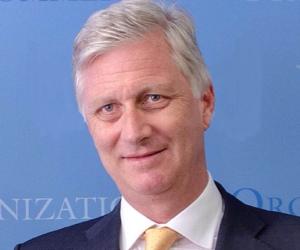
Philippe of Belgium is the King of the Belgians who succeeded his father King Albert II after the latter's abdication on 21 July 2013 due to health reasons. In 2014, Philippe helped form a coalition government after the Belgian federal election.
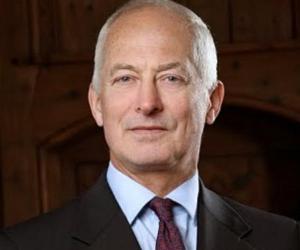
Former emir and the current king of Bahrain, Hamad bin Isa Al Khalifah, had an elite education in the U.K. He reframed the constitution of Bahrain, making it a constitutional monarchy. His cordial relations with Israel helped Bahrain become the second nation after the U.A.E. to normalize ties with Israel.


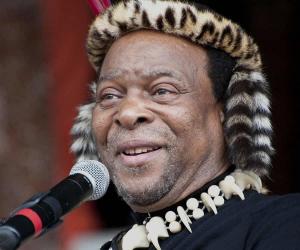
Zulu king Goodwill Zwelithini kaBhekuzulu was a descendant of King Cetshwayo, who led the Zulu struggle for independence against the British. His 50-year rule had witnessed his efforts in preserving the Zulu culture and traditions such as the Reed Dance ceremony. However, his comments were blamed for attacks against foreigners.
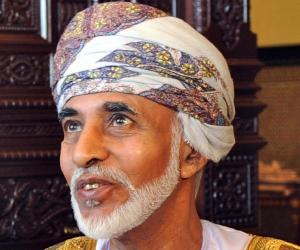
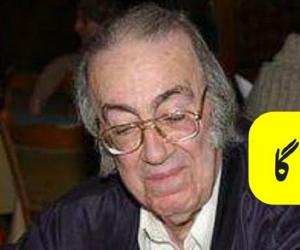
Louis Alphonse, Duke of Anjou is a member of the Bourbons, a Spanish royal family, which formerly ruled many countries, including France. A direct descendant of Louis XIV of France, Louis Alphonse is a pretender to the French throne. However, the rival pretenders argue that Louis is ineligible for the throne as he is a Spanish citizen.
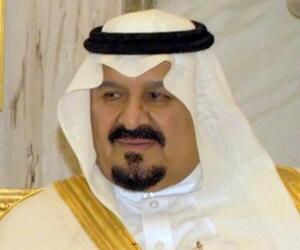
Sultan bin Abdulaziz was the 15th son of Saudi king Abdulaziz. He began his political career as the governor of the Riyadh province and then took over as the minister of defense and aviation. He then reigned as the deputy prime minister and the crown prince of Saudi Arabia.

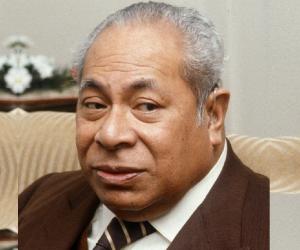
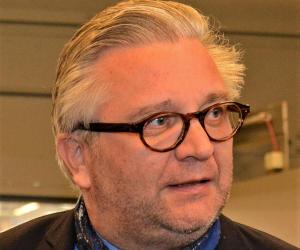
Prince Laurent of Belgium is the youngest son of King Albert II and the younger brother of the current King of the Belgians, Philippe of Belgium. Currently, he is 13th out of the sixteen people in the Belgian line of succession. Prince Laurent of Belgium is best known as an ardent advocate of environment and animal welfare.

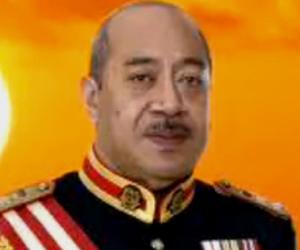
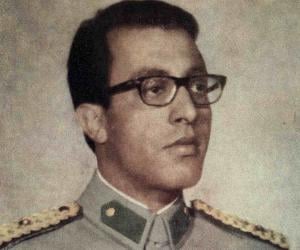
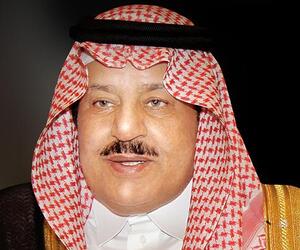
Nayef bin Abdulaziz Al Saud was inducted as the Crown Prince of Saudi Arabia and First Deputy Prime Minister on October 27, 2011, by King Abdullah following death of Crown Prince Sultan. Prince Nayef was also noted for serving as the Minister of Interior for over three decades from October 11, 1975 until his death on June 16, 2012.
